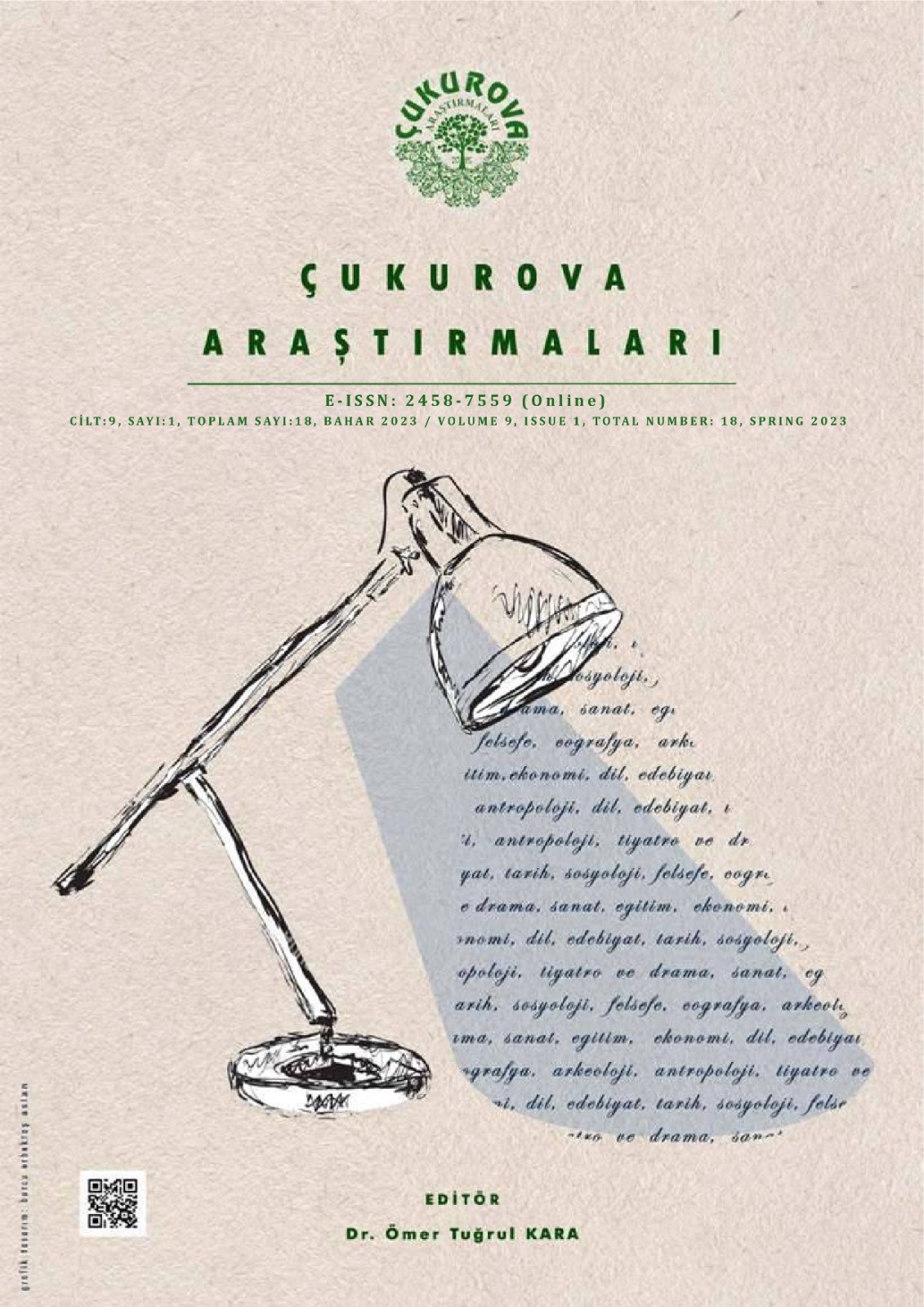Author :
Abstract
Osmanlıda Pasarofça Antlaşması ile başlayıp Patrona Halil isyanı ile biten on iki yıllık eğlence devri sonradan Lâle Devri olarak anılmıştır. Bu devir müzminleşen yenilgilerin moralsizliğini unutma dönemi olarak da algılanmış ve Boğaziçi ile Haliç’te saray ve konaklar birer eğlence yeri olmuş, Kâğıthane deresinin iki yanı beyaz köşklerle donatılmıştır. Batı ile ilişkilerin geliştirildiği bu devirde yenilik ve reformlar yapılmış, matbaa ve tulumbacı ocağı kurulup tersane düzeltilmiş, önemli eserler Türkçeye çevrilmiştir. Ancak bir eğlence devri olarak tanınan bu dönemde ahlâki yozlaşmalar da olmuş, lüks tüketim artıp kadınların aşırı süslenmelerini önlemek için fermanlar çıkarılmıştır. Lüks ve eğlencenin zirveye çıktığı bu devri Patrona Halil isyanı şiddetli biçimde sona erdirmiştir. Bu devrin zevk ve sefasından ulema da nasiplenmiş ve isyancıların kellesini istediği kişiler arasında Şeyhülislâm Yenişehirli Abdullah Efendi de yer almıştır. Abdullah Efendi bu devrin başında bu makama atanıp devrin bitiminde de bu makamdan azledilmiştir. Bu isyanda kendini kurtarmak için yaptığı manevraları başarılı olamayan Abdullah Efendi iyi bir şair olup bunu fetvâlarında da göstermiş ve manzum fetvâlar vermiştir. Manzum fetvâlarından bir kısmı daha önceden tanıtılmış ise de sonradan başka fetvâları da ortaya çıkmış ancak imzasız oldukları için yayımlanamamıştır. Nihayet bir nüshada bu fetvâların ona aidiyetini kesin biçimde gösteren deliller bulunduğundan bunlar da bu makale ile tanıtılmaktadır.
Keywords
Abstract
The twelve-year entertainment period in the Ottoman Empire, which started with the Treaty of Pasarofca and ended with the Patrona Halil revolt, was later called the Tulip Era. This period was also a period of forgetting the demoralization of chronic defeats, palaces and mansions on the Bosphorus and the Golden Horn became places of entertainment, and the two sides of the Kağıthane creek were equipped with white mansions. In this period, when relations with the West were developed, innovations and reforms were made, a printing house and a fire station were established and the shipyard was corrected, and important works were translated into Turkish. However, in this period, which is known as an age of entertainment, there were also moral corruptions, and edicts were issued to prevent the excessive consumption of luxury consumption and the excessive adornment of women. Patrona Halil violently ended this era of increased luxury and entertainment. The ulema also benefited from the pleasure and joy of this period, and Şeyhülislâm Abdullah Efendi was among the people whom the rebels wanted his head. Abdullah Efendi was appointed to this office at the beginning of this period and was dismissed from this office at the end of the period. Abdullah Efendi, who could not be successful in his maneuvers to save himself in this rebellion, was a good poet and showed this in his fatwas and gave verse fatwas. Although some of the verse fatwas were introduced beforehand, other fatwas appeared later, but they could not be published because they were unsigned. Finally, since there are evidences showing the ownership of these fatwas in a copy, these are also introduced with this article.





